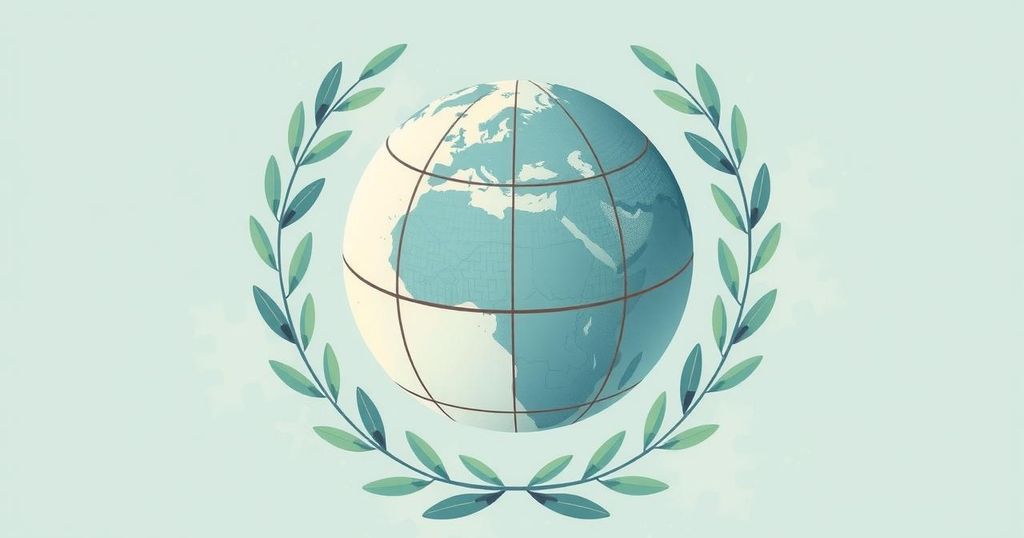U.S. Strike Against Daesh in Somalia Amidst Global Diplomatic Challenges
Dmitry Polyanskiy discussed U.S. foreign policy’s impact on global conflicts, emphasizing the need for diplomatic engagement in Ukraine, Gaza, and Sudan. He praised Saudi Arabia’s growing role in international diplomacy and illustrated the significance of collaborative efforts among Arab nations. Polyanskiy maintained that Russia supports a two-state solution for Palestine and emphasized the need for a peaceful transition in Syria while supporting the Sudanese government.
The recent U.S. strike against Daesh in Somalia underscores the ongoing complexities of international conflicts and the shifting power dynamics. This operation was highlighted in a broader discussion featuring Dmitry Polyanskiy, Russia’s first deputy permanent representative to the UN, where he addressed the challenges in various geopolitical arenas, particularly the Ukraine conflict and the Middle East.
In his interview with Arab News, Polyanskiy expressed concerns regarding the previous U.S. administration’s role in escalating the Ukraine conflict, emphasizing that it further complicated solutions. He articulated the notion that Washington’s actions have not only fueled the conflict but have also instigated Russia’s military operations. Instead, he remarked positively on the approach taken by former President Donald Trump, asserting that it reflects a more realistic grasp of the situation.
During the recent diplomatic talks hosted by Saudi Arabia, which aimed to negotiate a ceasefire over the Black Sea, Polyanskiy recognized the Kingdom’s emerging role as an international diplomatic hub. He lauded Saudi Arabia for its determination to facilitate discussions involving the U.S., Russia, and Ukraine, describing their engagement as significantly beneficial.
Polyanskiy also discussed the broader implications of these negotiations, particularly concerning the crises in Gaza and Sudan. He reiterated Russia’s support for a two-state solution in the Israeli-Palestinian conflict while acknowledging the limitations of Moscow’s influence in pressuring Israel compared to the U.S. Additionally, he highlighted the importance of Arab nations’ unity in addressing the Palestinian issue.
Regarding the crisis in Sudan, Polyanskiy supported the Sudanese government in its conflict against the Rapid Support Forces and expressed optimism for the region’s stabilization, despite the humanitarian crisis. He rejected perceptions of famine, arguing that food distribution challenges contribute to the suffering rather than a lack of resources.
Discussing Syria, Polyanskiy reiterated Russia’s commitment to ensuring a peaceful transition with authorities that represent all Syrians. While reluctant to speculate on the future of Bashar Assad, he emphasized the importance of combating terrorism and maintaining historical ties with the Syrian people. Polyanskiy conveyed confidence that Russia would continue to successfully cooperate with Syria during its transitional period.
Dmitry Polyanskiy’s remarks illustrate the intricate connections between various global conflicts and the evolving diplomatic landscape. His insights reflect both the challenges posed by previous policies and the potential for renewed international dialogue, particularly through Saudi Arabia’s emerging diplomatic role. The discussions surrounding Ukraine, Gaza, Sudan, and Syria all underscore the necessity for coordinated action by regional and global powers to address ongoing crises effectively.
Original Source: www.arabnews.pk




Post Comment